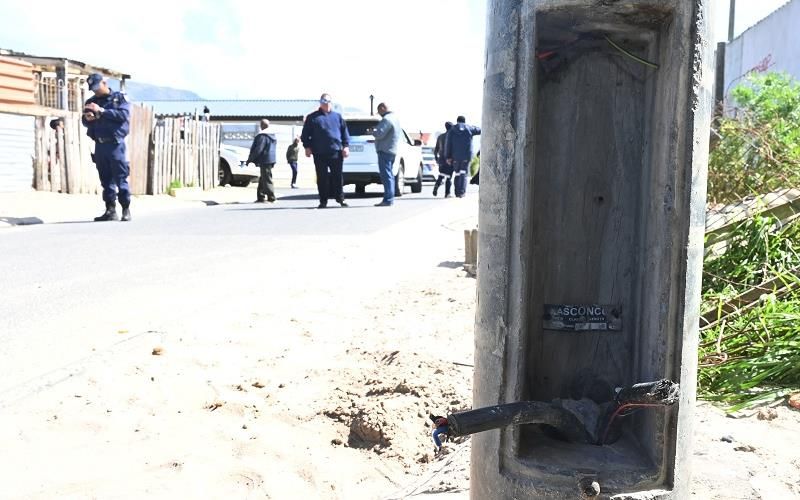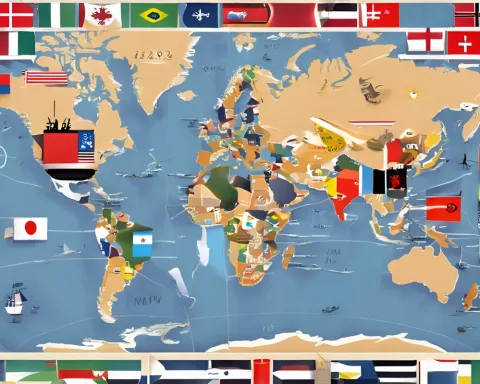Addressing Urgent Issues at the Financing for Development Summit
President Cyril Ramaphosa, the leader of South Africa, gave a speech at the High-Level Dialogue on Financing for Development Summit on September 20, 2023, in New York, USA. He discussed the pressing challenges facing our world, such as the climate emergency, economic downturns, conflicts, environmental damage, food scarcity, poverty, and hunger. President Ramaphosa underscored the value of international collaboration and urged developed nations to fulfill their pledges for the advancement of sustainable development and worldwide progress.
The adoption of the 2030 Agenda for Sustainable Development focused on assisting the most at-risk populations. Nevertheless, President Ramaphosa noted that some internationally agreed-upon commitments have gone unfulfilled, disregarding principles like common but differentiated responsibilities. As a result, the gap between the global north and south has widened, even four decades after the United Nations recognized the right to development as a human right.
The Addis Ababa Action Agenda and International Cooperation
President Ramaphosa emphasized the significance of the Addis Ababa Action Agenda, which provides tangible plans to promote development. He requested the international community’s support for these plans. Additionally, he praised initiatives designed to address the immediate needs of severely affected countries, including the Food Shock Window, Resilience and Sustainability Trust, and the G20 Common Framework for Debt Treatment.
However, President Ramaphosa insisted that further efforts are necessary to attain sustainable and inclusive growth. He underscored the need for a revised international financial architecture, where developing economy countries can participate equitably and meaningfully. He also advocated for redefining the objectives of multilateral development banks to better address the requirements of developing economies and uphold the principle of country ownership. In this regard, multilateral development banks should back projects and programs that align with each country’s development priorities and climate commitments.
Reforming International Tax Systems and Encouraging Private Sector Involvement
The President highlighted the need for an international tax system that accommodates the varied needs and capacities of both developed and developing economies. He called for inventive strategies to enable the private sector to take on a larger role in addressing the finance gap, including a novel approach to blended finance centered on the developmental impact of investments. Credit ratings for developing economies, especially African nations, should be determined by economic fundamentals rather than subjective evaluations.
Public finance is essential in development. President Ramaphosa urged developed economy nations to honor their pledge to allocate at least 0.7 percent of their Gross National Income towards Official Development Assistance. He also pressed these nations to deliver on their promise to raise 100 billion dollars annually to fight climate change.
Embracing the ‘Our Common Agenda’ Report and Promoting Collaboration
President Ramaphosa welcomed the suggested actions featured in the Secretary-General’s Report on ‘Our Common Agenda.’ He emphasized the importance of prompt action for the benefit of present and future generations. South Africa encourages world leaders, global institutions, and private sector partners to collaborate in addressing current crises, bridging the finance gap, reducing inequality, eliminating poverty, and ensuring that no one is left behind.








